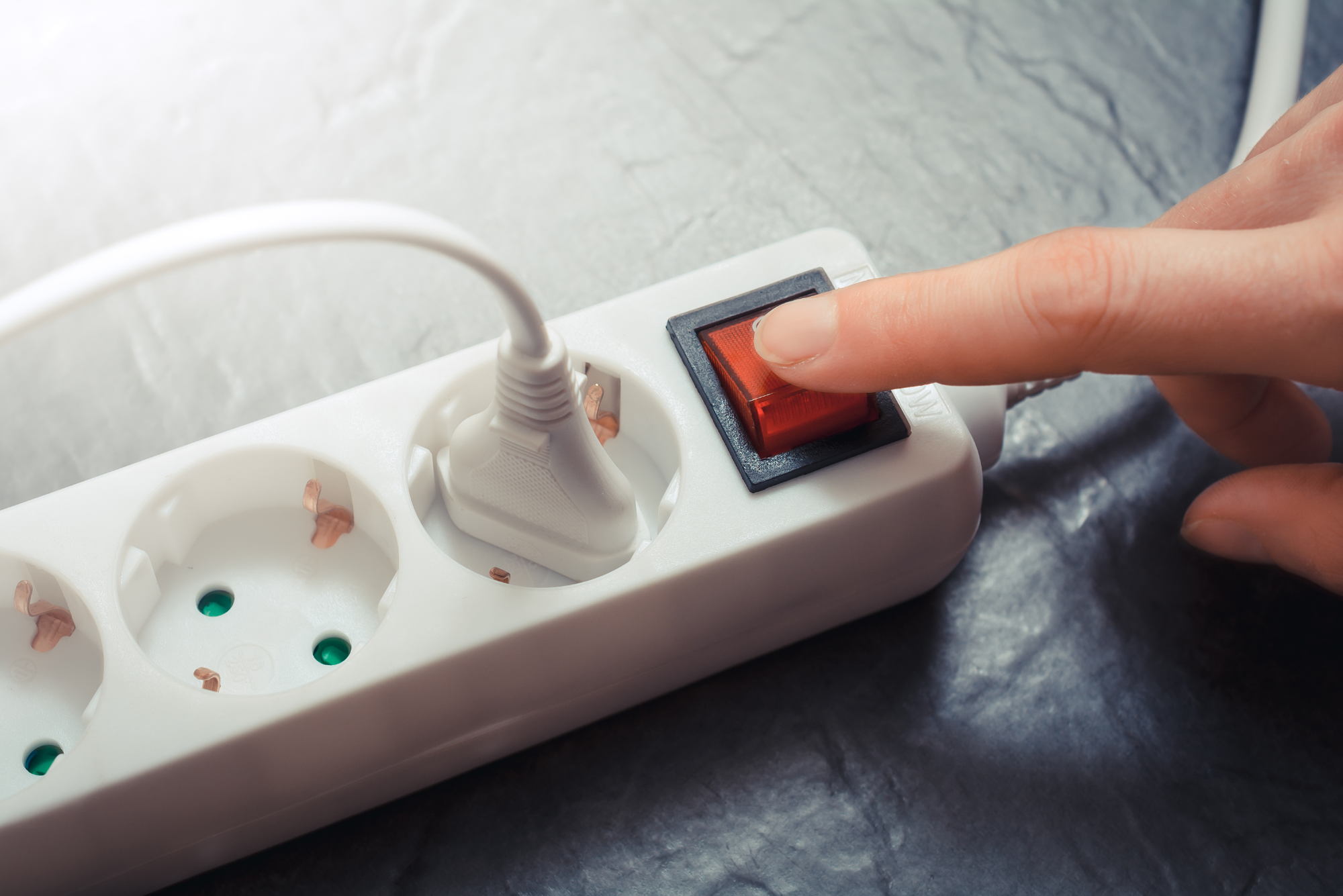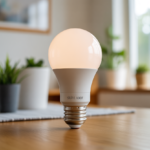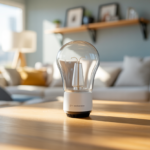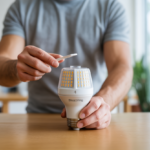In today’s world, energy efficiency has become more than just a buzzword—it’s a crucial part of sustainable living and reducing energy costs. From upgrading your appliances to improving your home design, there are countless ways to make your home more energy-efficient. But what does energy efficiency mean, and why does it matter? This guide will walk you through actionable steps and examples to help you save energy at home while creating a comfortable and efficient home environment.
Why Energy Efficiency Matters
Energy efficiency means using less energy to perform the same task or achieve the same result. By improving the energy efficiency of your home, you can reduce energy waste, lower your energy bills, and contribute to a cleaner, greener planet. The Department of Energy emphasizes that adopting energy-efficient practices can significantly reduce your carbon footprint while helping you save energy and money over time.
Whether you’re building a new home or looking for ways to improve your current living space, investing in energy efficiency is a smart choice for both your wallet and the environment.
Ways to Make Your Home More Energy Efficient
Optimize Heating and Cooling Systems
Heating and cooling account for a significant portion of home energy use. To make your home more energy efficient, start with your HVAC system. Regular maintenance, such as cleaning filters and scheduling annual tune-ups, can improve the system’s performance and reduce energy consumption.
Consider upgrading to a heat pump water heater or a high-efficiency furnace. These systems use less energy compared to older models, making them a great investment for long-term energy savings. Additionally, programmable thermostats can help you regulate temperatures efficiently, ensuring you don’t waste energy heating or cooling your home when no one is present.
Improve Insulation and Seal Air Leaks
Insulation plays a critical role in maintaining energy efficiency. Poor insulation can lead to significant energy loss, especially during extreme weather conditions. Upgrading your home’s insulation in the attic, walls, and floors can help reduce energy waste and keep your home more comfortable year-round.
Seal any air leaks around windows, doors, and the exterior of your home. Weatherstripping and caulking are cost-effective solutions that can help prevent drafts and reduce the amount of energy needed to heat or cool your home.
Invest in Energy-Efficient Windows
Energy-efficient windows are designed to reduce heat transfer, keeping your home warmer in the winter and cooler in the summer. Look for Energy Star® certified windows, which meet strict energy efficiency guidelines set by the Department of Energy. These windows can lower your energy bills while increasing the resale value of your home.
For added efficiency, consider installing window treatments like blinds or curtains to block out the sun’s energy during hot days and retain heat during colder months.
Choosing Energy-Efficient Appliances
Upgrade to Energy Star Certified Appliances
Appliances such as refrigerators, dishwashers, and washing machines can use a lot of energy. Replacing older models with Energy Star certified products ensures that you’re choosing appliances that consume less energy without sacrificing performance. These efficient appliances can significantly lower your home’s energy consumption and save you money in the long run.
Maintain and Use Appliances Wisely
Proper maintenance of your appliances is just as important as choosing energy-efficient ones. For example, regularly cleaning your refrigerator coils and ensuring your water heater is set to the recommended temperature can help you maintain energy efficiency. Additionally, unplug devices and appliances when they’re not in use to reduce standby energy consumption.
Lighting and Home Design for Energy Savings
Switch to Efficient Lighting
Lighting accounts for a significant portion of energy usage in most homes. Replace traditional incandescent bulbs with energy-efficient LED or CFL bulbs, which use less energy and last longer. This simple switch can make a big difference in your energy savings.
Incorporate Smart Home Design
If you’re building or renovating, consider energy efficiency in your home design. Features such as skylights and large windows for natural light can reduce your reliance on artificial lighting and traditional energy sources. Designing your home with efficiency in mind can help you save energy and create a more sustainable living space.
Water Heating and Energy Efficiency
Water heating is another major contributor to home energy use. Upgrading to a heat pump water heater or a tankless water heater can improve the efficiency of your water heating system. These models use less energy than conventional water heaters while providing the same level of performance.
In addition, simple habits like taking shorter showers and fixing leaks can help you save water and energy. Insulating your water heater and pipes can also reduce heat loss, making your system more efficient.
The Role of Renewable Energy
Clean Energy
Investing in renewable energy sources, is a great way to reduce your home’s reliance on traditional energy systems.
Community Clean Energy Programs
Many communities offer clean energy programs that allow homeowners to participate in renewable energy initiatives. Check with your local utility company to learn about programs that can help you transition to a cleaner energy system.
FAQs: Saving Energy at Home
What Are the Most Effective Ways to Save Energy at Home?
The most effective ways include improving insulation, upgrading to energy-efficient appliances, and optimizing your heating and cooling systems. Conducting a home energy assessment can help you identify specific areas for improvement.
How Can Businesses Improve Energy Efficiency?
Businesses can improve energy efficiency by upgrading to energy-efficient lighting and HVAC systems, conducting energy audits, and using renewable energy sources. These steps can reduce operational costs and enhance sustainability.
Are Energy-Efficient Upgrades Worth the Investment?
Yes, energy-efficient upgrades often pay for themselves over time through reduced energy bills and increased home value. Many upgrades, like insulation and efficient appliances, also qualify for rebates and incentives, making them even more cost-effective.
What Is an Energy Star Certified Home?
An Energy Star certified home meets strict energy efficiency guidelines set by the Department of Energy. These homes use less energy, reduce greenhouse gas emissions, and provide better comfort and savings for homeowners.
Conclusion: Taking Steps Toward a More Energy-Efficient Home
Improving your home’s energy efficiency doesn’t have to be overwhelming. By focusing on areas like heating, insulation, appliances, and lighting, you can create a more energy-efficient home that saves you money and benefits the environment. Whether it’s upgrading to more energy efficient or incorporating renewable energy into your home design, every step makes a difference.
At Super Fast Electric, we’re here to help you achieve your energy efficiency goals. Contact us today for expert advice, energy assessments, and solutions tailored to your needs. Let’s work together to build a cleaner, more efficient future!




